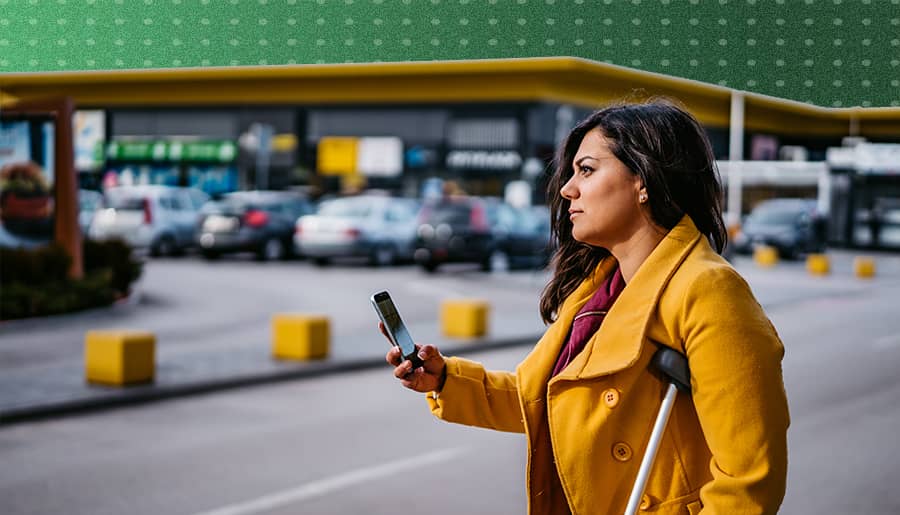Imagine: You’re sitting in your physiotherapist’s waiting room, bored and hungry, so you decide to Uber Eats in 25 dumplings. You smash them all, and, unsurprisingly, get a tummy ache during your appointment. You’ve become so full of pork and chives that you cannot drive home or catch a bus. So, instead of abandoning you, your physiotherapist enlists the help of the same company that’s brought on your demise. He orders you an Uber Health, a car ride that’s designed specifically for medical appointments.
Well, this hypothetical can now become your reality. Because Uber has launched such a service. According to this company, “Uber Health will be able to schedule, manage, and pay for rides for patients and caregivers in one digital hub, enabling faster, more streamlined operations.” Moreover, Uber’s new service is available from today.
From a customer perspective, Uber Health has some very appealing qualities. “Coordinators can schedule rides on behalf of patients, caregivers, and staff to take place immediately, within a few hours, or up to 30 days in advance,” Uber has stated. “This allows for transportation to be scheduled for follow-up appointments while still at the healthcare facility.”
The fact that you can schedule follow-up appointment rides through Uber Health is frankly genius. I’d be tempted to recommend such a service to the elderly folks in my life who can’t drive. Additionally, if I was super sick, having my transportation needs managed by my healthcare joint would take a load of mental pressure off my mind.
Another fact worth mentioning is that you don’t need a smartphone to use Uber Health. “Riders don’t need the Uber app, or even a smartphone, to get a ride with Uber Health because it’s all done through text message,” explained Uber. “Riders can even opt to receive a call with trip details to their mobile phone or landline instead.”
Related: How the Medicare Telehealth Cuts Will Impact You
Related: Should You Delete Uber? Here’s What the Facts Say
However, Can Uber Be Trusted?
A lot of tech experts are worried about Uber having access to people’s sensitive, health-based data. “Because we have such weak laws in Australia, there will be no protection for the patient,” Dr. Juanita Fernando, Vice Chair of the Australian Privacy Foundation, told the Sydney Morning Herald. “There are a large number of corporates who are working themselves into the healthcare space because it is enormously profitable for them, but there are so few controls.”
Now, Uber has said that it’ll promise to keep your data secure. However, will you trust such a company that’s done so much brazenly illegal stuff throughout its history? As outlined by the United States Department of Justice, Uber covered up a huge data breach back in 2016. Hackers were able to access 57 million user records and 600,000 licence numbers. This breach wasn’t reported on until a year later and after a change in leadership.
So, there’s a lot to consider when deciding if you should use Uber Health after eating 25 dumplings in your physiotherapist’s waiting room. That’s why you should weigh the options beforehand, just so your tummy doesn’t influence your life choices.
An Uber Update
After this piece was first published on August 19, Uber reached out to The Latch and gave us some additional info about the privacy settings of its new health service. “There is no medical data stored on the Uber Health platform,” wrote a spokesperson. “The service operates the same as a regular Uber trip, but it enables healthcare organisations to schedule and manage rides for patients.”
Uber then went on to state, “We’ve worked with health industry experts to build a robust platform with patient privacy front and centre of this service. We have numerous safeguards in place to protect patient health information, including preventing the collection of any health information that is unrelated to the request of a trip.”
Let’s just hope that these claims don’t come back to hurt Uber or the vulnerable folks that end up using its service.
Read more stories from The Latch and subscribe to our email newsletter.







